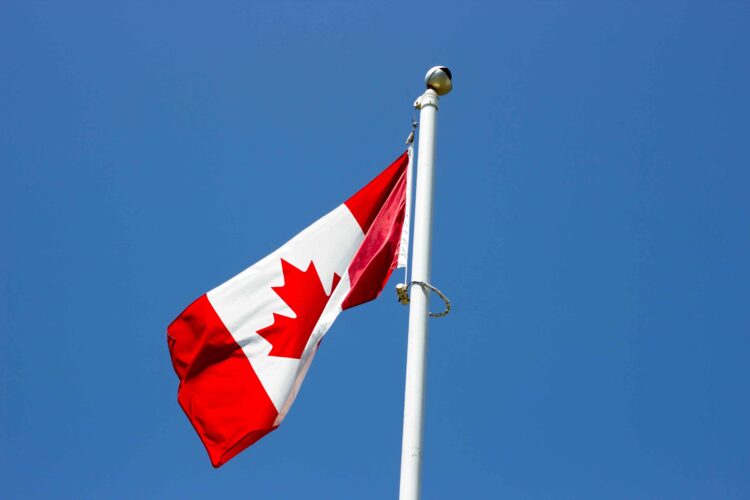So you want to move to Canada? Considerations for immigration to Canada following Trump’s re-election

In the wake of the recent United States election results and with a second Trump presidency now confirmed, many Americans may be considering immigration options. If you are considering relocation to Canada, you may just be in luck – recent changes to Canadian immigration law have opened doors to Canadian citizenship that were previously closed.
If you have a connection to Canada because one or both of your parents were Canadian citizens, or if you are the spouse, partner or dependent child of a current Canadian citizen or permanent residency holder, obtaining Canadian permanent residency or citizenship may be a viable option.
Removal of the second-generation cut-off for born-abroad Canadians
The first route to Canada that may be considered is citizenship.
United States citizens with a Canadian parent are Canadian citizens by way of descent and are thus eligible to apply for a Canadian citizenship certificate, even if they were born outside of Canada. Although this works for first generations born outside of Canada, what about individuals who are within the second generation?
Previously, individuals born outside of Canada were not eligible for Canadian citizenship if their Canadian parent was also born outside of Canada and thus a citizen by descent rather than by birth. Canada had a strict rule creating a second-generation cut-off.
However, as discussed in a previous post, Canadian courts recently held that this second generation citizenship cut-off for born-abroad children of born-abroad Canadian citizens was unconstitutional. As a result, the Government of Canada is currently in the process of amending the Citizenship Act to officially recognize these individuals as Canadian citizens.
Although these amendments are not yet in place, as the second-generation citizenship rule has been deemed unconstitutional, the removal of this rule is a certainty.
This will open the availability of Canadian citizenship to many individuals previously excluded under Canadian law. Therefore, those eligible to take advantage of this path to citizenship may begin a genealogical review and collecting the supporting documentation required to apply for a Canadian citizenship certificate. This application process can be commenced prior to the amendments officially coming into force, although early applications may see delays in processing.
Sponsorship of a spouse/partner (and dependent children)
Current Canadian citizens and permanent residents of Canada who are eighteen years of age or older and are financially self-supporting can sponsor their spouse or common-law/conjugal partner and any dependent children to apply for permanent residency. This is most commonly known as a spousal sponsorship or family sponsorship application.
This provides a clear-cut route to Canadian permanent residency for those connected to Canada through a partner or other family member. A sponsor must promise to financially support the applicant’s basic needs so they do not need to receive financial assistance from the government (for a period of three years in the case of an adult, or until age 25 in the case of a dependent child).
Importantly, even if you are a Canadian citizen currently living outside Canada, you can sponsor your spouse, your common-law partner, your conjugal partner and any dependent children to apply for permanent residency so long as you demonstrate that you will all live in Canada when the sponsored persons become permanent residents.
The sponsorship application can be made from inside or outside of Canada. Though both inside and outside Canada spousal sponsorships involve a similar application process, the outside Canada option allows the applicant to secure their permanent resident status prior to relocating to Canada. The inside Canada application process is more commonly used where the applicant is already residing in Canada or needs to relocate to Canada immediately. A major benefit of this type of application is that it provides a pathway to an open work permit, thus allowing the applicant to work in Canada while awaiting approval of their permanent residency application.
There are additional factors and details to be considered before seeking Canadian citizenship or making a family sponsorship application. MLT Aikins has a team of lawyers dedicated specifically to immigration law who can assist you in the process.
Note: This article is of a general nature only and is not exhaustive of all possible legal rights or remedies. In addition, laws may change over time and should be interpreted only in the context of particular circumstances such that these materials are not intended to be relied upon or taken as legal advice or opinion. Readers should consult a legal professional for specific advice in any particular situation.




